New UN report claims, COVID-19 may push millions of children into child labour
By Lokmat English Desk | Published: June 12, 2020 04:39 PM2020-06-12T16:39:17+5:302020-06-12T16:39:17+5:30

Millions of more children risk being pushed into child labour as a result of the COVID-19 crisis which could lead to the first rise in child labour after 20 years of progress, according to a new brief from the International Labour Orgsation (ILO) and UNICEF released on Friday.
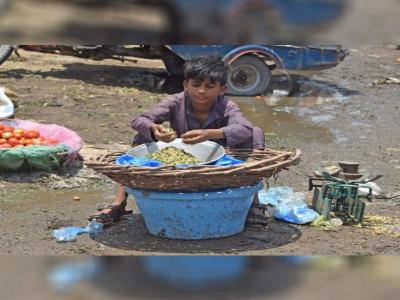
The report titled 'COVID-19 and Child labour: A Time of Crisis, A Time to Act' says child labour decreased by 94 million since 2000, but that gain is now at risk.
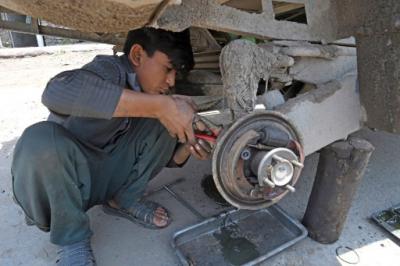
Children already in child labour may be working longer hours or under worsening conditions, the report says. More of them may be forced into the worst forms of labour which cause significant harm to their health and safety.
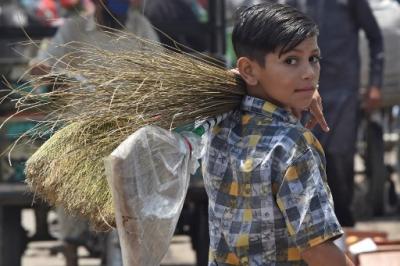
"As the pandemic wreaks havoc on family incomes, without support, many could resort to child labour," said ILO Director General Guy Ryder.
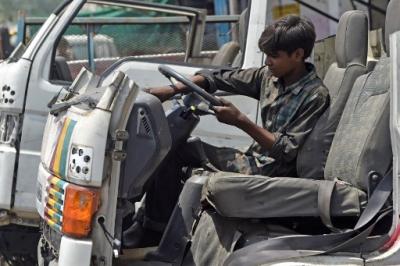
"Social protection is vital in times of crisis as it provides assistance to those who are most vulnerable. Integrating child labour concerns across broader policies for education, social protection, justice, labour markets, and international human and labour rights makes a critical difference."
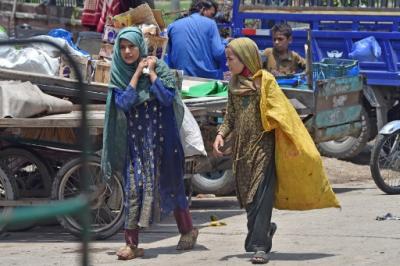
According to the brief, COVID-19 could result in a rise in poverty and therefore to an increase in child labour as households use every available means to survive. Some studies show that a one percentage point rise in poverty leads to at least a 0.7 per cent increase in child labour in certain countries.
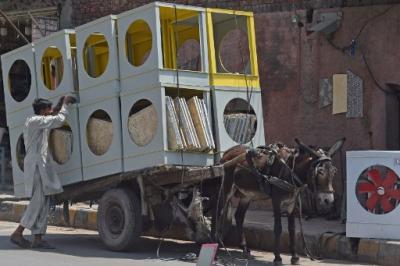
"In times of crisis, child labour becomes a coping mechsm for many families," said UNICEF Executive Director Henrietta Fore."As poverty rises, schools close and the availability of social services decreases, more children are pushed into the workforce. As we re-imagine the world post-COVID, we need to make sure that children and their families have the tools they need to weather similar storms in the future.
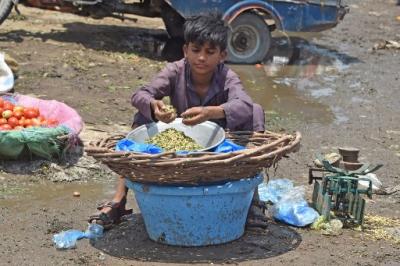
Quality education, social protection services and better economic opportunities can be game-changers."Vulnerable population groups -- such as those working in the informal economy and migrant workers -- will suffer most from an economic downturn, increased informality and unemployment, the general fall in living standards, health shocks and insufficient social protection systems, among other pressures.























